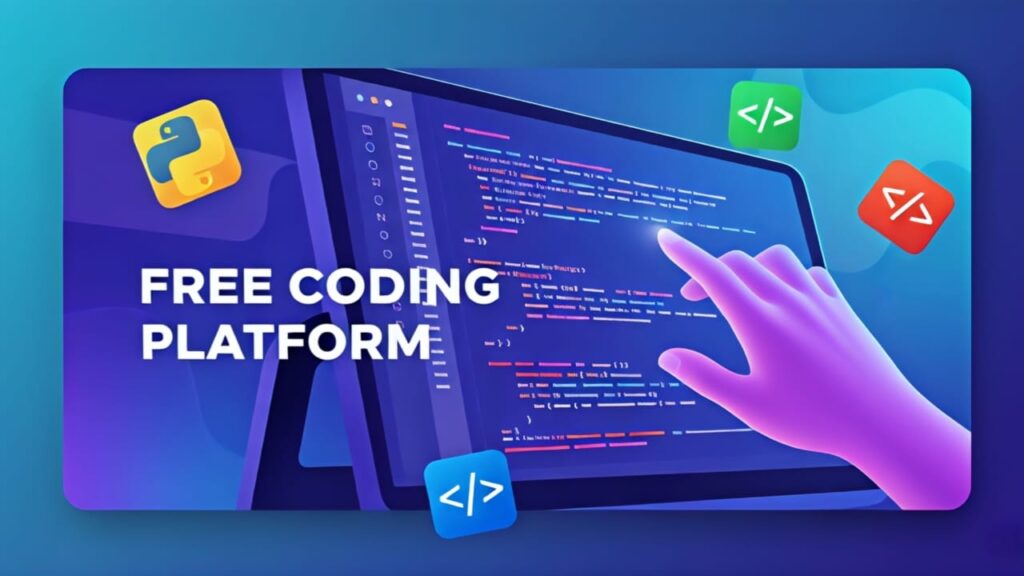Why Learn Coding as a Student?
1. freeCodeCamp
Why It’s Great:
- Free Certificates
- Text + Video Lessons
- Real Projects Included
2. CS50 by Harvard (edX)
Why It’s Great:
- Taught by Harvard professors
- Challenging assignments
- Free certificate (if audited)
3. Sololearn
Why It’s Great:
- Free mobile app
- Bite-sized learning
- Instant certificates
4. Google for Developers – Google Cloud Skills Boost
Why It’s Great:
- Cloud-focused career skills
- Free credits to get started
- Real-world labs
5. Microsoft Learn
Why It’s Great:
- Free guided paths
- Optional certificates
- Updated for 2025 tech trends
6. The Odin Project
Why It’s Great:
- Beginner to pro
- No ads, no fees
- Community support
7. Coding Ninjas Studio (India-Focused)
Why It’s Great:
- Coding contests
- Placement prep
- Resume-building challenges
Bonus Tips to Learn Coding Effectively
- Practice Daily: Even 30 minutes a day can build long-term consistency.
- Project-Based Learning: Apply your knowledge by building small apps or games.
- Use GitHub: Start uploading your code — it becomes your tech resume.
- Install Learning Apps: Use downtime to code via mobile apps like Grasshopper or Sololearn.
Conclusion
Start small, stay consistent, and build your coding journey one step at a time
Frequently Asked Questions (FAQs)
Some of the best free coding platforms for students in 2025 include freeCodeCamp, The Odin Project, CS50 by Harvard (on edX), and Sololearn. These platforms offer beginner to advanced courses along with free certificates.
Yes! Platforms like freeCodeCamp, Google Cloud Skills Boost, and Sololearn offer free certificates upon course completion, which you can showcase on LinkedIn or add to your resume.
Definitely. Many students build real skills through these platforms, create projects on GitHub, and get hired for internships or freelance work. The key is consistency and practice.
Sololearn and Grasshopper are great for complete beginners. They use interactive, mobile-friendly lessons that feel more like games than classes.
Pick one platform and stay consistent. Don’t just watch tutorials — build real projects, practice daily, and share your work on GitHub. This builds confidence, skill, and a portfolio over time.


Pingback: Side Hustles for Students in 2025 | 10 Best Ideas to Earn Online